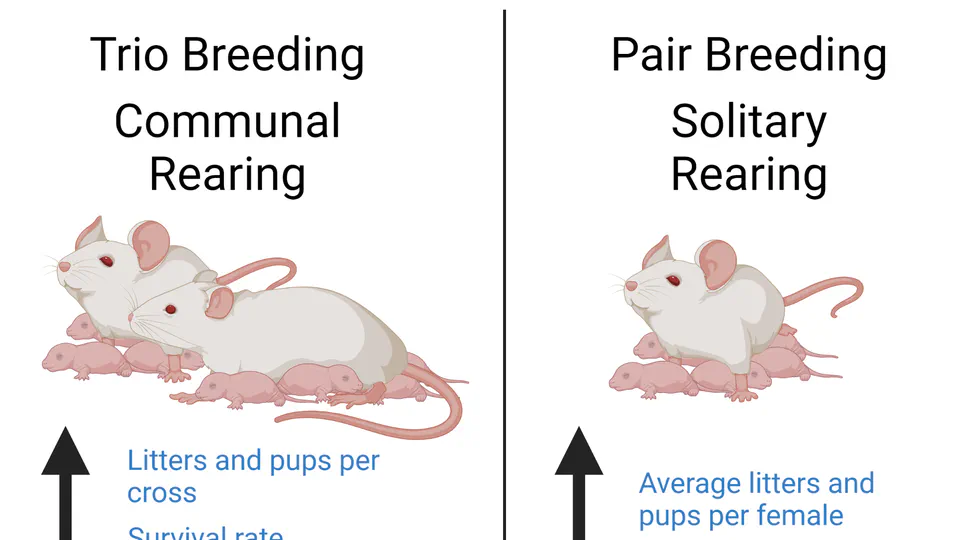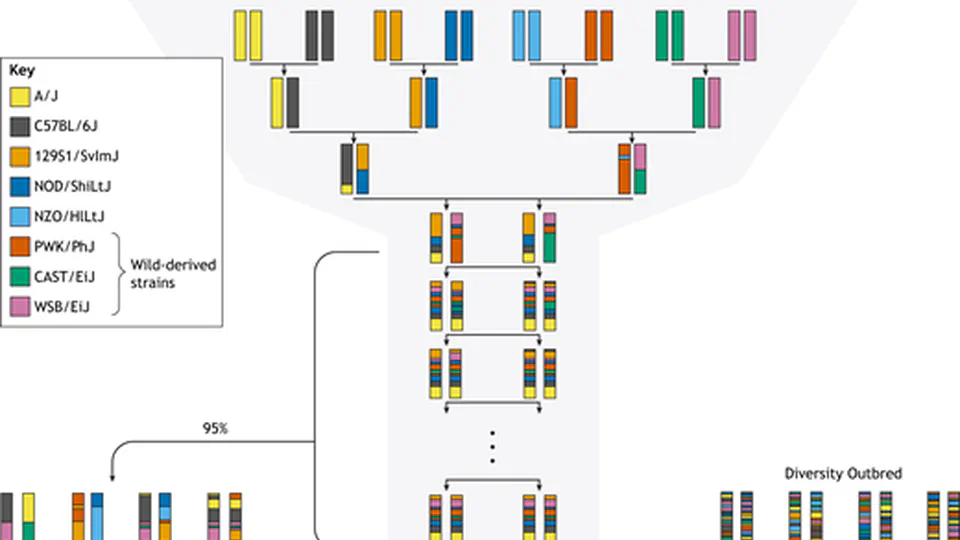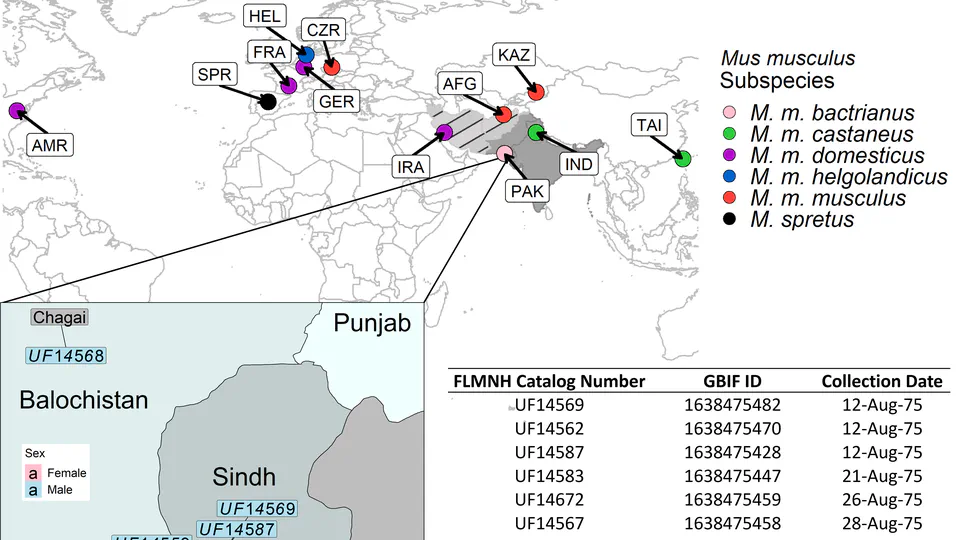About Me
I am a Doctoral Candidate at the Tufts University and The Jackson Laboratory joint program in Mammalian Genetics and an ACM SIGHPC Computational & Data Science Fellow. My Ph.D. research in the Dumont Lab focuses on using genetically diverse mice and bioinformatics approaches to produce high-quality estimates of mutation rate variation in populations and relate this molecular phenotype to infertility and reproductive health. I previously completed a M.S. degree in Evolutionary Biology at George Mason University with Dr. Rebecca Forkner using community science and herbarium specimens to investigate the impacts of climate change on the timing of plant and insect reproductive phenology.
I am also involved in bioinformatics and data science education as an instructor with The Carpentries and through developing university data science curricula.
- Bioinformatics
- Genomics
- Data Science
- Health
PhD Genetics, Mammalian Genetics, In Progress
Tufts University & The Jackson Laboratory
MS Biology, Evolutionary Biology, 2020
George Mason University
BS Biology, Environmental and Conservation Biology, 2018
George Mason University
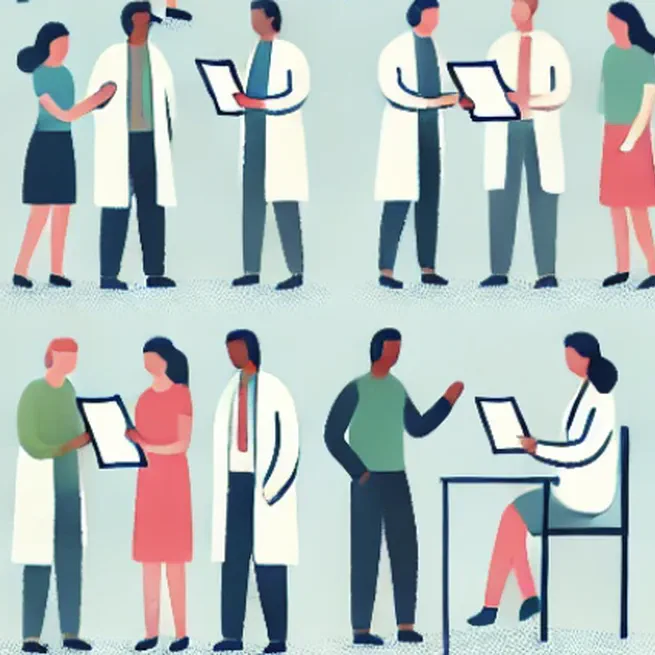
I have been selected as an eLife Community Ambassador, joining a global network of early-career researchers dedicated to improving scientific communication and open science.
Feb 28, 2025

My letter to the editor, published in the Bangor Daily News, discusses the impact of cutting climate-related funding on Maine’s environment and economy.
Feb 16, 2025

I received an award for my biology question submitted to the Humanity’s Last Exam dataset, challenging AI reasoning in scientific inquiry.
Jan 23, 2025

I am excited to be attending The Whole Scientist Short Course, a four-day NIH-funded program designed to help emerging scientists develop key professional, interpersonal, and communication skills. This program, hosted at The Jackson Laboratory (JAX) in Farmington, Connecticut, offers hands-on training through seminars and workshops led by experts in the fields of leadership, management, and communication.
Sep 25, 2024
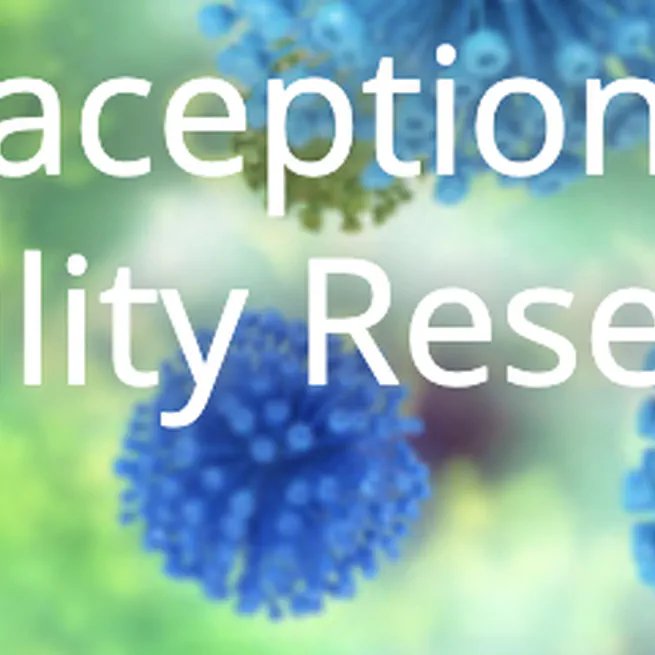
I am honored to have recently received funding through the NIH Loan Repayment Program (LRP) under the Contraception and Infertility Research (CIR) category. This program is designed to recruit and retain highly qualified health professionals in biomedical or biobehavioral research careers. Through the NIH LRP, I will receive support to repay my educational debt in exchange for my commitment to conducting NIH mission-relevant research on infertility and contraception.
Aug 30, 2024
